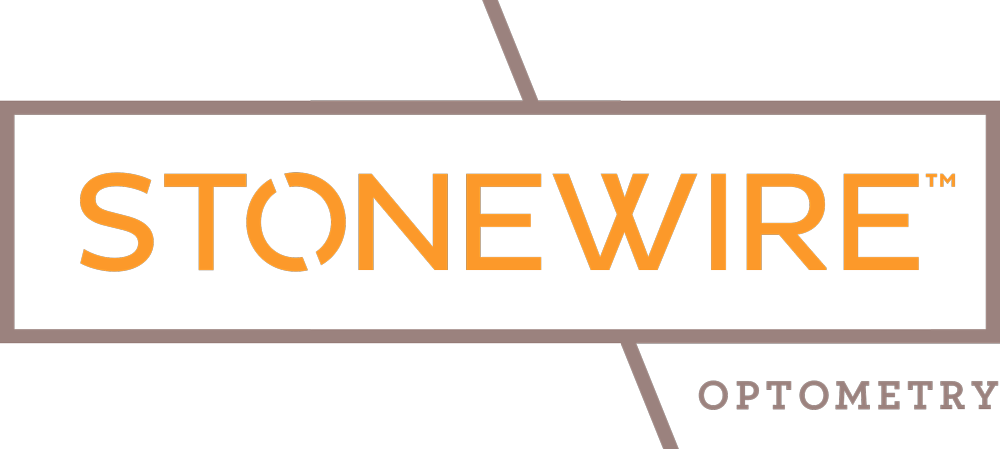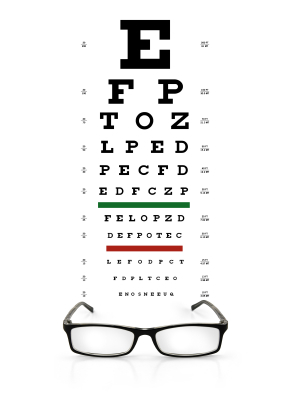The Canadian Council of Motor Transport Administrators or CCMTA sets out the medical standards for driving. The list of medical conditions that may preclude a person from safe operation of a motor vehicle is quit extensive and includes things such as: vision, hearing, heart disease, drugs, alcohol and general aging issues.
Eye doctors typically only involve themselves in the vision component of these tests, and leave the remainder of any evaluations up to a family physician, specialists or occupational therapist. The re-evaluation of a driver license can often be a very emotional process for a person to go through. Having the ability to drive may provide a person with independence or employment.
The CCMTA has a fairly strong stance on vision and driving. In their manual the opening paragraph begins “Good visual function is essential for safe driving. Any significant loss of a visual function, such as visual acuity or visual field will diminish a person’s ability to operate a motor vehicle safety on today’s congested, high-speed roadways. A driver with a marked visual defect may fail to perceive a potentially dangerous situation altogether or see it too late to react appropriately.”
Even though the CCMTA guidelines are fairly standard and easy to interpret, doctors are still given some leniency in applying the rules. Occasionally your eye doctor may restrict you from driving at night, for long distance, on highways, during rush hour or within limited distances from home.
Visual requirements are broken down based on the type of license a person holds, and must be periodically re-examined throughout ones life. Certain licenses such as class 1-4 have fairly high visual requirements. Failing to meet these standards does not prevent you from holding a lesser license such as a class 5 or 6.
In recent years, special situations have arisen because of patients undergoing refractive eye procedures such as LASIK, PRK, or cataract surgery. Patients who otherwise would normally have worn glasses to drive may no longer require them. Patients who have undergone these types of surgical procedures should consult their laser surgeon, cataract surgeon, or co-managing optometrist before resuming normal motor vehicle operation. In general patients who have undergone uncomplicated LASIK surgery can usually resume driving within 3-4 days after the procedure. While patients who have undergone uncomplicated PRK surgery can usually resume driving with 2-3 weeks after the procedure. Patients who have undergone uncomplicated cataract surgery can usually resume driving with 3-4 days as well.
To download the most current medical list at time of publications for this article
PDF Format or visit Service Alberta – Drivers License for complete information.
Book an Eye Exam with an Eye Doctor at Kingsway Optometry
Optometrists - Eye Exams - Contact Lenses - Medical Treatment
Image taken of Dr. Ross McKenzie at the Aston Martin Driving School in Gaydon England, where he learned to drive the new 2010 Aston Martin DBS. Experience of a lifetime.




























